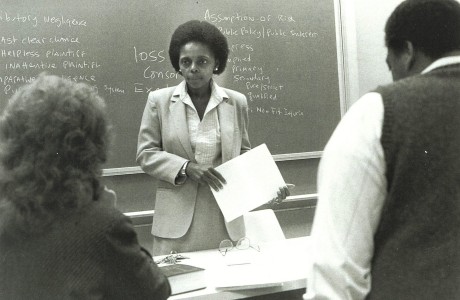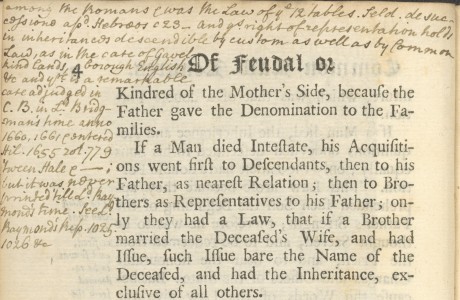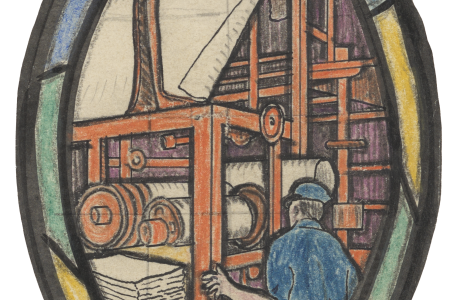Freedom of the Seas, Part 7
Freedom of the Seas, 1609: Grotius and the Emergence of International Law
An exhibit marking the 400th anniversary of Hugo Grotius’s Mare Liberum
Part 7
In supporting his case with a massive showing of state practice, Selden was able to draw upon historical research done by the Keeper of the Records in the Tower of London, Sir John Borough, whose work, The Sovereignty of the British Seas Proved by Records, History, and the Municipall Lawes of the Kingdome, written in 1633, was published only posthumously in 1651.

Borough, John (d. 1643). The soveraignty of the British seas (London, 1739).
The third edition.
Collection of Edward Gordon.
Grotius, too, was able to draw upon earlier work. Some of his arguments had been anticipated by the writings of Alberico Gentili (1552-1608), an Italian émigré who became Regius Professor of Civil Law at Oxford, and at least as prominently, an admiralty lawyer in London, representing the king of Spain. Gentili died before the publication of Mare liberum, but in his notes in defense of Spanish claims, published posthumously in 1613 as Hispanicae advocationis, he organized the issues far more systematically than the youthful Grotius had been able to do in Mare liberum.
Like Grotius, Gentili said that under Roman law, consistently with natural law, the open sea was common property. But he recognized the gap between principle and practice, bridging it by distinguishing dominium (ownership) from jurisdictio (jurisdiction) – the latter, unlike the former, being applicable to the high seas. He also distinguished coastal waters from the high seas, insisting, however, that a coastal state’s right to control its territorial seas did not justify closing them to foreign navigation.
His ideas anticipated those of De jure belli ac pacis as well. In his use of phrases like ius inter gentes and societas humana, for example, Gentili may be said to have initiated the liberation of the law of nations conceptually from both Roman law and the guardianship of theology. Not until the late 19th century, however, was the extent of influence on Grotius recognized by scholars. Only then did Gentili’s reputation as a founder of modern international law begin to rival that of Grotius himself.
– Notes by Edward Gordon

Gentili, Alberico (1552-1608). Hispanicae advocationis libri duo (Hanover, 1613).
Special Collections, Harvard Law School Library.
“Freedom of the Seas, 1609: Grotius and the Emergence of International Law,” curated by Edward Gordon and Michael Widener, is on display October 2009 through January 2010 in the Rare Book Exhibition Gallery, Level L2, Lillian Goldman Law Library, Yale Law School.


